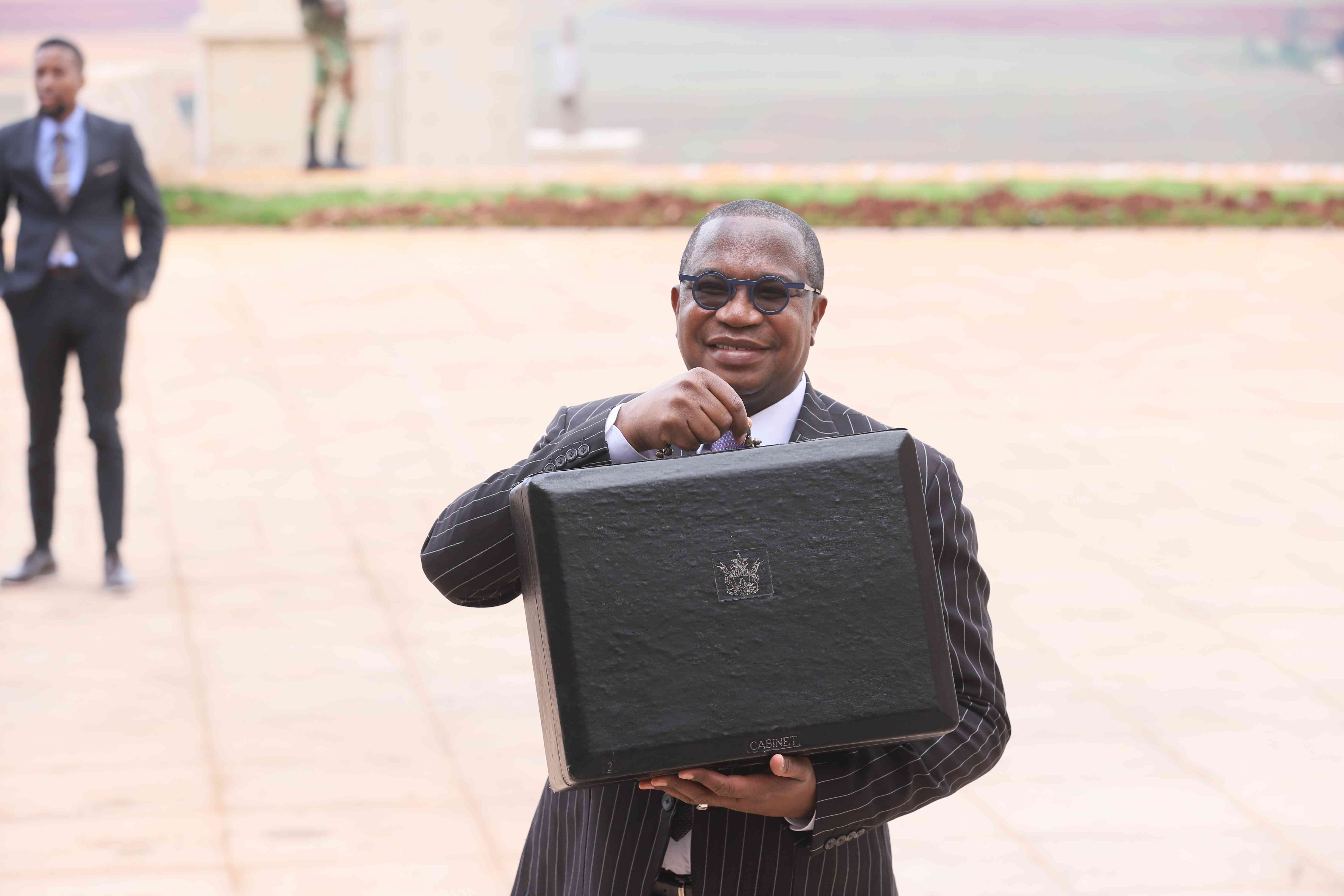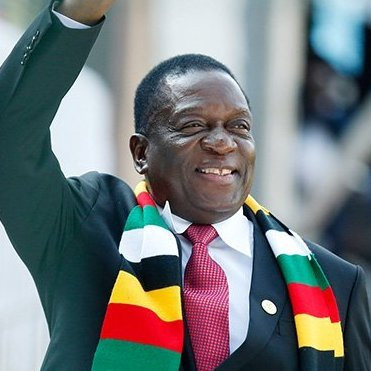
GOVERNMENT yesterday announced a cocktail of tax increases, pushing up the cost of living and ease of doing business after reviewing its 2024 revenue projection upwards by 22,22% to ZWL$53,9 trillion.
In his 2024 national budget presentation in Parliament, Finance minister Mthuli Ncube increased taxes to raise an additional ZWL$10 trillion to meet the new revenue targets.
Treasury initially projected revenue collections to total ZWL$44,1 trillion for the 2024 fiscal year.
“Mr Speaker Sir, in line with the projected economic growth of 3,5%, total revenue collections in 2024 are estimated at ZWL$53,9 trillion, (18,3% of GDP), broken down as ZWL$51,2 trillion tax revenue and ZWL$2,7 trillion non-tax revenue,” Ncube said.
“Guided by the expected revenue envelope and the desired fiscal path, expenditures in 2024 are projected at ZWL$58,2 trillion (19,8% of GDP).”
Ncube announced an upward review on the Strategic Reserve Levy by US$0,03 and US$0,05 per litre of diesel and petrol, respectively, with effect from January 1, 2024, pushing up the cost of fuel.
Ncube also raised tollgate and passport fees beginning next year.
“I, therefore, propose an upward review of toll fees on premium roads, that is, Harare-Beitbridge and Plumtree-Mutare and other roads, with effect from January 1, 2024. Revenue derived from the increased fees will be remitted to the Consolidated Revenue Fund,” Ncube said.
- Blowback as Ncube blows own trumpet . . .we have one of the worst exchange rates in Africa, says Biti
- Budget dampens workers’ hopes
- Govt issues $24 billion Covid-19 guarantees
- Bonuses: A vote of no confidence in Zimdollar
Keep Reading
“I, further, propose that passport and selected fees charged by the Central Vehicle Registry be increased, with effect from January 1, 2024. Additional revenue generated from the above measures will be ring-fenced towards road infrastructure development.”
Ncube also introduced a US$0,02 levy per gramme of sugar contained in beverages, a development that will push up the prices of beverages.
He said the move was in response to growing concerns on the adverse effects of the consumption of sugar contained in beverages. Tax on beverages has also been implemented in a number of countries, including in the Southern African Development Community.
Ncube also introduced a new wealth tax to ensure that high-income earners pay taxes.
“In order to ensure that every person contributes to the fiscus in line with their levels of income. I propose to introduce a wealth tax levied at a rate of 1% of market values of residential properties with a minimum value of US$100 000,” he said.
“Resources derived from the levy will be ring-fenced towards urban infrastructure development, in particular roads, water, sewer and community health centres. Principal private residential properties owned by elderly persons above 70 years will, however, be exempt from the tax.”
While the minister reviewed the tax-free threshold on incomes to ZWL$750 000, from the previous ZWL$500 000, inflation has rendered the move mute because of the rising cost of living.
Ncube also targeted foreign companies by introducing the domestic minimum top-up tax (DMTT).
The tax ensures that qualifying entities located in Zimbabwe with an aggregate effective tax rate below 15% be charged a top-up amount, raising the cost of doing business.
“Under the GloBE Tax Rules, where a tax incentive results in an effective rate of less than 15%, the tax jurisdiction where the multinational is headquartered collects the difference between the effective tax under the tax incentive and the minimum effective rate of 15% (the top-up tax),” Ncube said.
“The DMTT allows the country where the low tax profits arise from the tax incentive to collect the top-up tax rather than ceding taxing rights to the headquarter jurisdiction.”
He said the calculation of the DMTT would be based on the effective tax rate charged on the jurisdictional profits, not the jurisdictions’ statutory corporate income tax.
“I, therefore, propose to enact DMTT rules to guard against ceding taxing rights to foreign jurisdictions on top-up tax arising from tax incentives that are provided to those investments,” Ncube said. The corporate tax rate was also reviewed upwards to 25% from 24%.
Ncube, however, reduced the mandatory value added tax (Vat) registration threshold to US$25 000 from US$40 000, starting next year.
Operators with a minimum annual turnover of US$25 000, or local currency equivalent thereof, are now required to register for Vat.
Failure to register will see applicable penalties invoked, Ncube said.
He said traders registered for Vat purposes and in possession of valid tax clearance certificates would be eligible to procure goods from manufacturers.
“The tax deferred will, however, be fixed at the foreign currency amount payable at the time of importation, albeit, payable in local currency at the prevailing exchange rate at the time of importation, albeit, payable in local currency at the prevailing exchange rate at the time of payment.”











